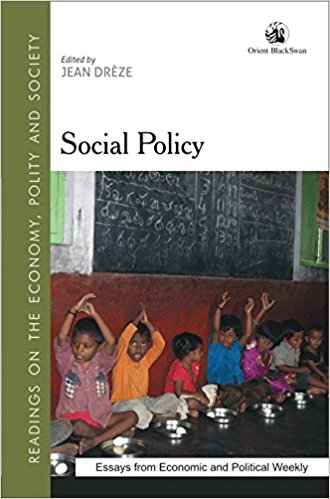The contribution of Indian pharmaceutical companies in making lifesaving medicines accessible to millions of patients across the world, particularly reaching out to countries which had severe crisis of financing medicines for diseases like HIV&AIDS, malaria, have given the industry a special place—it is called the pharmacy of the world. The fact that India is the third largest producer of medicines in terms of the volume and 14th in terms of value not only depicts the size of the pharmaceutical industry in India, it is also reflective of the relative advantages in terms of prices. India’s pharmaceutical exports are not only eleventh in the globe, our export prices are among the cheapest.
The policy environment that led to the enormous success of the pharmaceutical industry in India and gave it solid grounding to compete with global leaders, has been altered through a series of ‘reforms’ in the last three decades. These reforms, ranging from manufacturing practices, trade, intellectual property rights and regulation of prices, have led to structural transformation in the pharmaceutical industry with far-reaching consequences on access to medicines. Reji Joseph’s effort to systematically document these policy reforms, analyse their implications with data and present complex arguments with rather simple language is unquestionably commendable. The five core chapters of the book deal with various aspects of pharmaceutical policy, trade in pharmaceuticals, research and development and above all the issue of price regulation.

